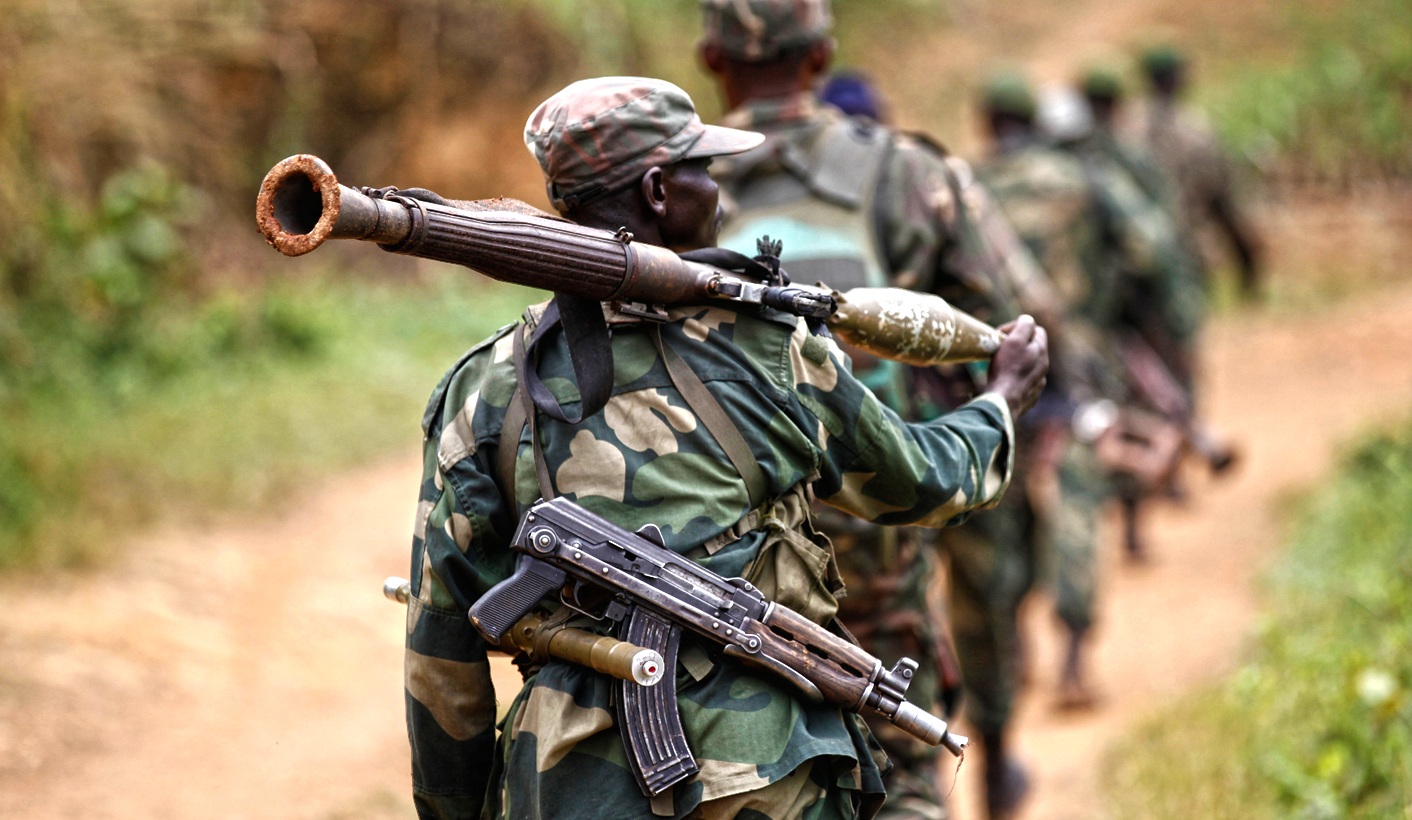
ADF attacks in DR Congo may constitute war crimes: UN Human Rights office

The attacks committed by the Allied Democratic Forces, a militia that operates in the eastern part of the Democratic Republic of Congo may constitute war crimes, a report by the United Nations Joint Human Rights Office (UNJHRO) said.
The ADF, originally from Uganda and created in 1986, pledged its allegiance to Islamic State and the group has endorsed some attacks by the ADF, however, researchers say there is no evidence of close collaboration.
The UN office investigated attacks which occurred in Beni territory, North Kivu province and in the territories of Irumu and Mambasa in Ituri province, between January 1 2019 and January 31 2020.
The report said that the UNJHRO managed to document 397 cases of human rights abuses that can be traced to the ADF in that period. These cases involve at least 1,154 victims, out of whom 235 are women and 166 are children.
The UNJHRO estimates that at least 1,066 civilians have been killed and 176 others wounded while 717 others have been kidnapped by ADF combatants in North-Kivu and Ituri provinces since the start of last year up to the end of last month.
The report further states that seven attacks against hospitals and health centers, and one attack against a school, attributable to the ADF, were also documented. In addition to that, the ADF stands accused of recruiting children and forced labour as part of international humanitarian law violations.
The report said that the atrocities perpetrated by ADF militants against civilians were “widespread, systematic and extremely brutal” and were committed using machetes, axes, knives, AK-47 guns, mortars and rocket launchers.
ADF militants sometimes resorted to looting and burning down property as an act of revenge for military campaigns by the FARDC against them.
“Under international law, the human rights abuses and violations of international humanitarian law committed by ADF combatants could constitute, by their nature and scope, crimes against humanity and war crimes,” the report said.
“In the majority of cases, the means and modus operandi of the attacks indicated a clear intention to leave no survivors.”
The UNJHRO said it did not recover any evidence that suggested the attacks targeted communities due to their ethnicity or religious affiliation.
On the other hand, the UNJHRO said that it had recorded several violations of human rights and international humanitarian law committed against the ADF by the defense and security forces during operations launched in 2019.
The security forces are accused of killing 14 civilians and injuring 49 others in addition to arbitrarily arresting and detaining 297 civilians.
These violations have reinforced the distrust of the population towards the security and defence forces, further fuelled by the continuing atrocities committed by armed groups, the UN Office for the High Commissioner on Human Rights said.
A wave of killings by the militants last year sparked off protests against the United Nations’ peacekeeping mission (MONUSCO) and Congolese authorities over their perceived failure to protect civilians.
The violence not only posed a challenge in the fight against Ebola in the DR Congo, but also created a humanitarian crisis as aid workers have been unable to access some affected parts.
The report noted that a mix of military and civilian strategies has played a role in breaking up ADF bases and weakening the ADF and their support networks.
Despite this success, the report adds that a shift in operations since the launch of military operations towards the end of 2019 and an ability to retaliate against civilians continues to pose serious challenges to the FARDC and to MONUSCO.
“Four factors have contributed to this increase (in rights abuses), in particular the expansion of the area affected by the deadly ADF attacks beyond National Route 4 (RN4)2 as a result, among other things, of the destruction of their bases during military operations; reprisals against the civilian population; the security vacuum caused by the closure of certain MONUSCO military bases for budgetary reasons; and the lack of an FARDC presence in some areas,” the report said.






